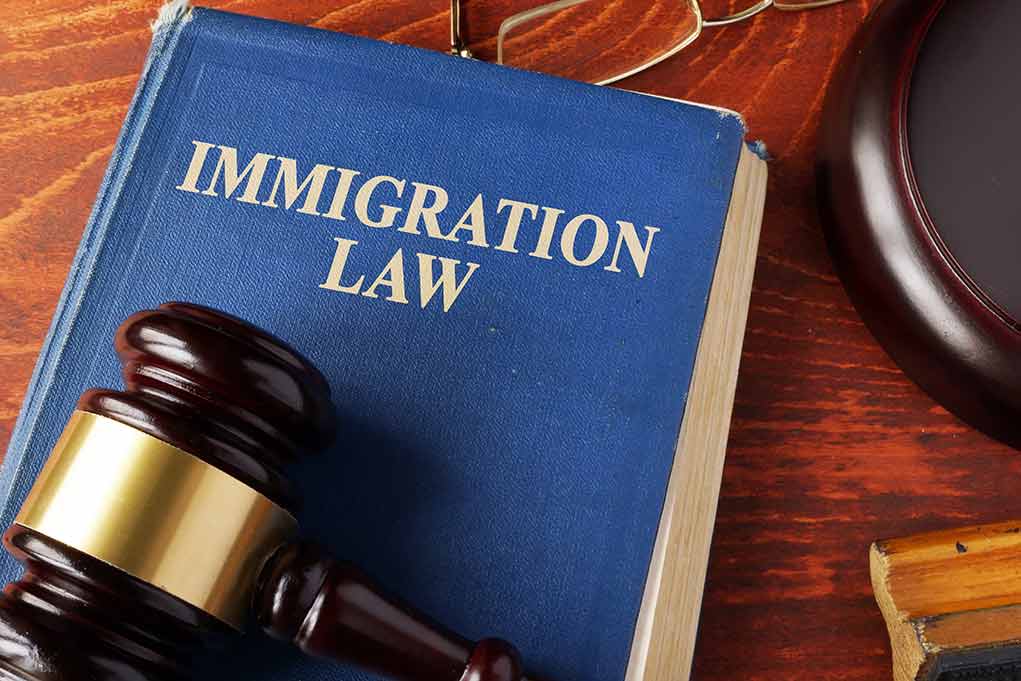
Louisiana lawmakers are enforcing tough new measures that could put lawmakers i behind bars for up to 10 years as the Republican-controlled state joins Texas and Florida in taking immigration law into their own hands.
Key Takeaways
- Louisiana’s Republican-controlled senate has advanced legislation allowing state and local law enforcement to arrest and jail individuals who entered the US illegally, with penalties including prison time and fines.
- The state is implementing a system requiring agencies to track and report the legal status of individuals using public services, with non-compliant agencies risking loss of funding.
- New laws would criminalize obstruction of federal immigration enforcement, with felony charges and up to 10 years in prison for public officials who interfere.
- Louisiana would be the first state to impose state criminal penalties for interfering with immigration enforcement, joining other Republican states expanding state authority over border enforcement.
- Critics argue the legislation is unconstitutional, could lead to racial profiling, and risks criminalizing assistance provided by advocates, religious leaders, and attorneys.
States Taking Action While Federal Government Falls Short
Louisiana has joined a growing coalition of Republican-led states taking immigration enforcement into their own hands amid frustration with the Biden administration’s border policies. The state’s legislature has passed multiple bills strengthening Louisiana’s role in immigration enforcement, creating a state-level system for identifying, reporting, and potentially detaining illegal immigrants. These measures represent a significant expansion of state authority in what has traditionally been a federal domain, reflecting widespread conservative frustration with the current immigration crisis.
“I think all of us here know that we have a crisis at the border and our federal government is not doing anything to help the states,” said GOP state senator Valarie Hodges.
The comprehensive legislative package includes Senate Bill 100, which mandates state departments to disclose if service recipients are “illegal aliens” or “unaccompanied alien children.” Agencies must report the number of such individuals served and the associated costs, with annual reports submitted to the governor, attorney general, and Legislature. Non-compliant agencies risk having their funding withheld, creating a powerful incentive for cooperation with the new immigration enforcement regime.
Criminal Penalties for Obstructing Immigration Enforcement
Perhaps most controversially, Senate Bill 15 would make Louisiana the first state to impose state criminal penalties for interfering with immigration enforcement. The legislation prohibits obstruction of federal immigration enforcement by both private individuals and public officials, with the latter facing felony charges and up to 10 years in prison for serious violations. This represents a dramatic escalation in the consequences for officials who might oppose cooperation with federal immigration authorities.
“This is one of those bills that says it’s against the law not to enforce the law,” said Republican state Sen. Jay Morris.
Another bill advancing through the legislature would create the crime of “illegal entry or re-entry” into Louisiana, with exemptions only for necessary witnesses or victims of certain serious crimes. The bill would also authorize the governor to form an interstate compact with Texas and other states for coordinated border security efforts, highlighting the regional approach conservative states are taking to address immigration enforcement.
Critics Raise Constitutional and Civil Rights Concerns
Opposition to the legislation has been swift and vocal, with critics arguing that the bills overreach state authority and could lead to racial profiling. Advocacy groups have expressed concern that the measures could criminalize assistance provided by advocates, religious leaders, and attorneys who work with immigrant communities. There are also worries about the potential for family separations, as the legislation requires state agencies to refer applicants with unsatisfactory immigration status to ICE.
“It’s going to create a backlog in our courts, it’s going to drain state resources, and it’s not going to actually reduce crime or make Louisiana any safer,” said Huey Fischer García.
Louisiana’s push comes as the state already hosts nine immigration detention centers holding nearly 7,000 people, making it a significant player in the federal immigration detention system. The new legislation would further entrench the state’s role in immigration enforcement, potentially making it a model for other conservative states looking to take a more active approach to addressing illegal immigration within their borders despite federal reluctance to enforce existing laws.
Supporters argue these measures are necessary given what they perceive as federal neglect of immigration enforcement under President Trump’s predecessor. With Louisiana joining Texas and Florida in asserting state authority over immigration matters, the country is witnessing a significant shift in the federal-state balance of power on this contentious issue, one that will likely face legal challenges but reflects the growing frustration among conservative states with the immigration crisis.











